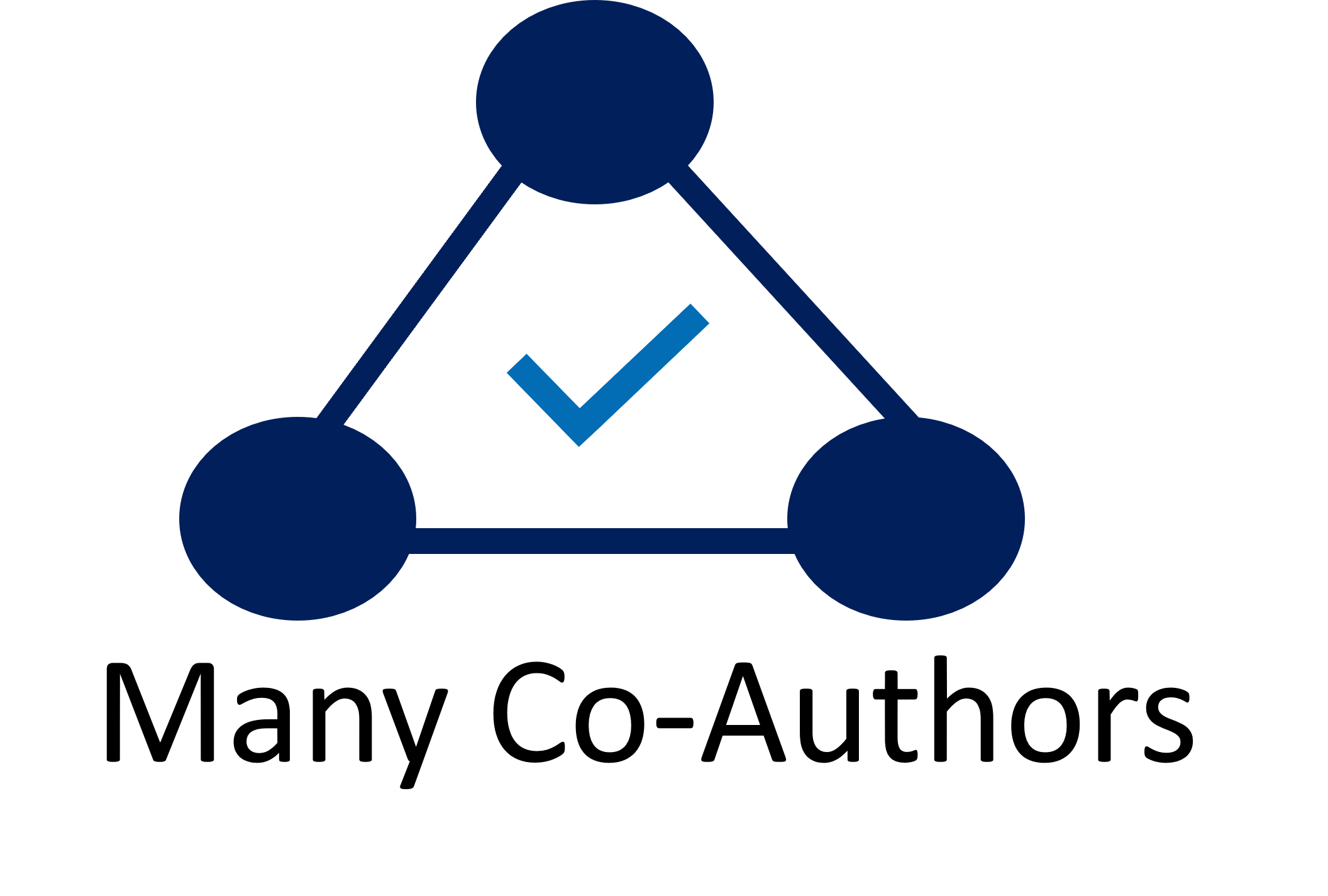

| Gino involved in data collection? |
Co-authors have/had raw data? |
Data for reproducing results available? | |
|---|---|---|---|
| Study 1 | Yes (2) Don't Know (1) |
No (3) |
No (3) |
| Study 2 | Yes (2) Don't Know (1) |
No (3) |
No (3) |
| Study 3 | Yes (2) Don't Know (1) |
No (3) |
No (3) |
| Study 4 | Yes (2) Don't Know (1) |
No (3) |
No (3) |
| Study 5 | Yes (2) Don't Know (1) |
No (3) |
No (3) |
| Study 6 | Yes (2) Don't Know (1) |
No (3) |
No (3) |
| Gino involved in data collection? | Co-authors have/had raw data? | Data for reproducing results available? | |
|---|---|---|---|
| Study 1 | Don't Know | Never | No |
| Study 2 | Don't Know | Never | No |
| Study 3 | Don't Know | Never | No |
| Study 4 | Don't Know | Never | No |
| Study 5 | Don't Know | Never | No |
| Study 6 | Don't Know | Never | No |
| Gino involved in data collection? | Co-authors have/had raw data? | Data for reproducing results available? | |
|---|---|---|---|
| Study 1 | Yes | Never | No |
| Study 2 | Yes | Never | No |
| Study 3 | Yes | Never | No |
| Study 4 | Yes | Never | No |
| Study 5 | Yes | Never | No |
| Study 6 | Yes | Never | No |
| Gino involved in data collection? | Co-authors have/had raw data? | Data for reproducing results available? | |
|---|---|---|---|
| Study 1 | Yes | Never | No |
| Study 2 | Yes | Never | No |
| Study 3 | Yes | Never | No |
| Study 4 | Yes | Never | No |
| Study 5 | Yes | Never | No |
| Study 6 | Yes | Never | No |
The idiom "the pot calling kettle black" appears in different variations in more than 50 languages (e.g., Chinese: “The soldier that fled 50 steps mocks the one that fled 100 steps”, Portuguese: “One with torn clothes mocks the naked”). The folk wisdom reflects on settings whereby people who try to present themselves as better than others, are often guilty of the very fault they identify in others.
The paper followed that folk wisdom, demonstrated the phenomenon (titled "distancing") in 6 studies, offered an underlying mechanism and tested boundary conditions (where the effect disappears).
Distancing response has been demonstrated by other researchers. For example, Kennedy and Schweitzer (2015) showed that "individuals who accuse others of unethical behavior can derive significant benefits... engender greater trust and are perceived to have higher ethical standards".
I continue to study the distancing response and relevant intervening variables (mediators and moderators) that determine when and why do people choose a lenient vs. strict ethical code in response to their own wrongdoing.
References
Kennedy, J. A., & Schweitzer, M. E. (2015, January). Holding People Responsible for Ethical Violations: The Surprising Benefits of Accusing Others. In Academy of Management Proceedings, 1, p. 11258. Academy of Management.